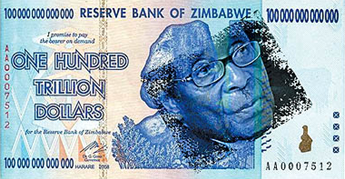Zimbabwe – post-electoral (in)security

ZBN Analysis no. 6 (45) / 2019
29 March 2019
The coup d’etat in Zimbabwe in November 2017 raised popular hopes and expectations towards the economic growth and improvement of living standards that could ultimately terminate the horrific outcomes of the Mugabe era. Emmerson D. Mnangagwa’s victory in the presidential election in July 2018, in spite of its consequences such as clashes between the government forces and the main opposition party MDC, involving street riots and police terror, seemed to enhance the widely acclaimed purpose to recover the national economy. Unfortunately, the ineffective neoliberal policy of the new finance minister M. Ncube multiplied the inflation rate and price indexes increased to such a point that caused a series of protests on the streets of the capital city of Harare as well as in the country’s interior. The authoritarian ZANU-PF regime crushed the protesters after three weeks of disturbances but did not find yet a suitable way to revive the fragile Zimbabwean economy.
In the picture: withdrawn official banknotes issued by the Reserve Bank of Zimbabwe with the image of Robert Gabriel Mugabe on the front.
(źródło: Wikimedia Commons, https://commons.wikimedia.org/wiki/Category:Banknotes_of_Zimbabwe)


